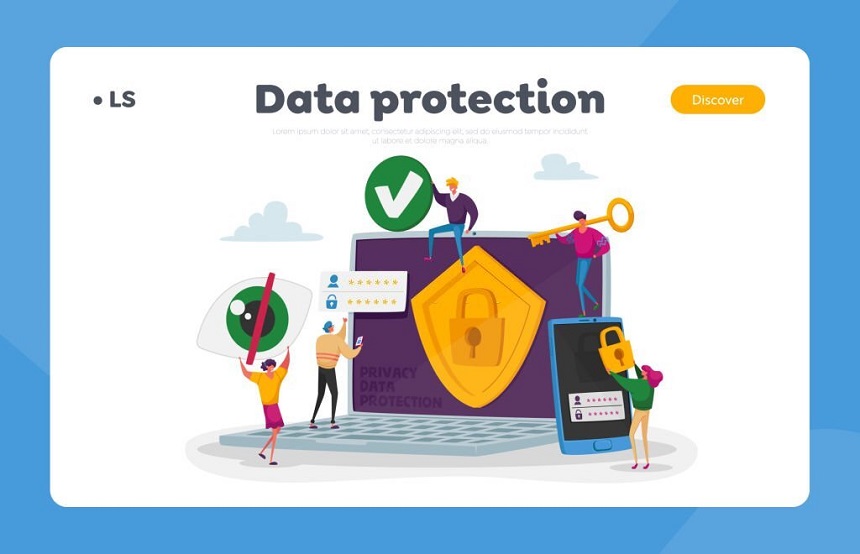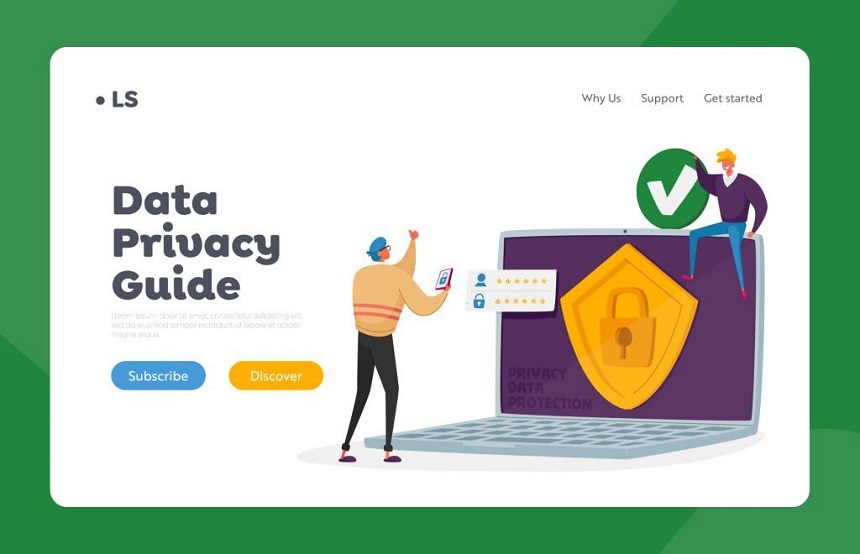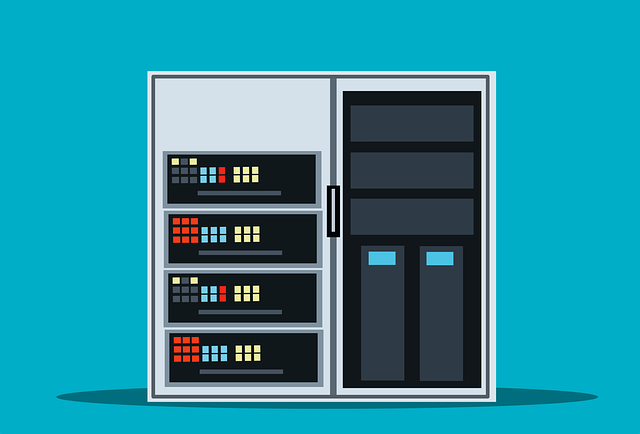Can proxy IPs cope with network fraud?
Can proxy IPs cope with network fraud?
Proxy IPs can to some extent cope with network fraud, but they cannot completely eliminate the risk of network fraud. Network fraud refers to deceptive activities conducted through the internet, such as false advertising, phishing websites, and identity theft. Proxy IPs can provide some protection measures to reduce the risk of network fraud, including the following aspects:
IP hiding: Using a proxy IP can hide the real IP address, making it difficult for attackers to trace and locate the user’s true identity.
Traffic filtering: Some proxy servers provide traffic filtering functions that can detect and filter out known fraudulent websites or malicious behaviors.
Security authentication and permission control: Proxy servers can perform security authentication and permission control to restrict illegal users and fraudulent activities.
Security protection devices: Some proxy servers are equipped with security protection devices such as firewalls and intrusion detection systems, which can detect and prevent fraudulent activities.
Although proxy IPs can provide some protection measures, attackers can also use proxy IPs to engage in network fraud activities. Furthermore, some advanced network fraud behaviors may not be identified and prevented through simple protection measures of proxy IPs. Therefore, users still need to remain vigilant while browsing the internet, avoiding clicking on suspicious links and providing personal sensitive information. Additionally, using strong passwords, installing antivirus software, and taking other security measures are also important steps to reduce the risk of network fraud.
Can proxy IPs cope with network traffic control?

Young People After Vacation Spare Time Landing Page Template. Tiny Characters Watching Photo Album, Take Out Clothes and Souvenirs from Suitcase. Memory, Photography, Trip. Cartoon Vector Illustration
Proxy IPs can to a certain extent cope with network traffic control, but the specific effectiveness depends on the type and implementation of traffic control. Here are some methods that proxy IPs can use to cope with network traffic control:
Load balancing: Proxy servers can configure load balancing mechanisms to distribute traffic to multiple servers, balancing the load and improving network throughput. This can alleviate network congestion and the impact of traffic restrictions on user experience.
Traffic compression and caching: Proxy servers can compress and cache traffic to reduce the amount of data transmitted and network latency, thereby improving transmission efficiency.
Traffic diversion: Proxy servers can divert traffic based on different types of traffic, giving priority to important traffic and avoiding being restricted by traffic control mechanisms.
Traffic optimization: Proxy servers can optimize traffic by compressing images, merging requests, reducing network requests, etc., to reduce traffic consumption and enhance access speed.
It is important to note that the ability of proxy IPs to cope with network traffic control has certain limitations, especially in cases where network traffic is very large or traffic control is very strict. Additionally, proxy servers themselves need to have sufficient bandwidth and processing capabilities to cope with high traffic situations. Therefore, when using proxy IPs, it is necessary to choose a powerful, stable, and reliable proxy service provider, and to configure and manage it properly to effectively cope with network traffic control.











